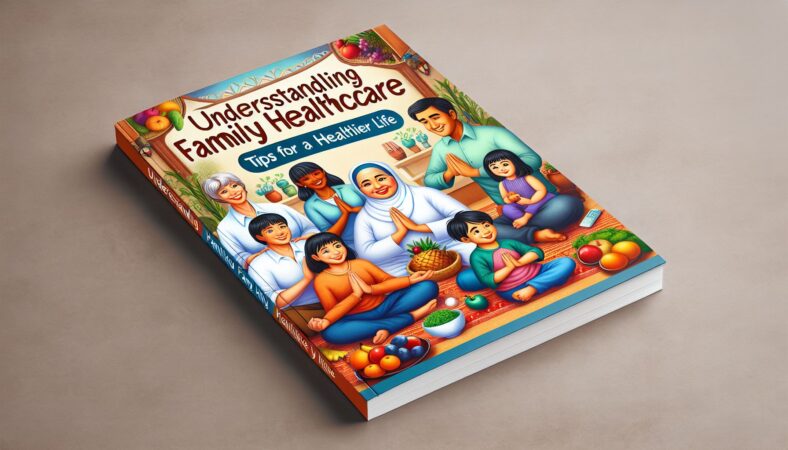As healthcare costs continue to rise and more families face the burden of preventable illnesses, it’s becoming increasingly important for families to focus on living healthier lives. By prioritizing family healthcare, families can reduce their risk of chronic diseases, improve their overall well-being, and enjoy a higher quality of life. One of the most crucial aspects of family healthcare is cancer prevention, as cancer remains one of the leading causes of death worldwide.
Importance of Family Healthcare
Family healthcare encompasses a range of services and practices aimed at promoting the health and well-being of all family members. This includes regular check-ups, screenings, vaccinations, and lifestyle interventions to prevent and manage chronic conditions. By taking a proactive approach to healthcare, families can identify potential health risks early on and take steps to address them before they escalate into more serious problems.
When it comes to cancer prevention, lifestyle factors play a significant role in reducing the risk of developing the disease. By adopting healthy habits such as maintaining a balanced diet, staying physically active, avoiding tobacco and excessive alcohol consumption, and protecting the skin from sun exposure, families can lower their risk of various types of cancer. Additionally, participating in cancer screenings and genetic testing can help identify individuals at higher risk of certain cancers, allowing for early detection and intervention.
Tips for Living a Healthier Life
-
Maintain a Healthy Diet: A balanced diet rich in fruits, vegetables, whole grains, and lean proteins can help reduce the risk of many chronic diseases, including cancer. Avoiding processed foods, sugary drinks, and excessive amounts of red and processed meats can also contribute to overall health.
-
Stay Active: Regular physical activity not only helps maintain a healthy weight but also reduces the risk of cancer and other chronic conditions. Aim for at least 150 minutes of moderate-intensity exercise per week, such as brisk walking, cycling, or swimming.
-
Quit Smoking: Tobacco use is a leading cause of cancer and other chronic diseases. If you or a family member smokes, seek support to quit as soon as possible. Quitting smoking can significantly reduce the risk of developing various types of cancer and improve overall health.
-
Limit Alcohol Consumption: Excessive alcohol consumption has been linked to an increased risk of several types of cancer. It’s essential to drink in moderation and be mindful of how much and how often alcohol is consumed.
-
Protect the Skin: Skin cancer is one of the most common types of cancer, but it is also one of the most preventable. Practice sun safety by wearing sunscreen, protective clothing, and seeking shade during peak sun hours to reduce the risk of skin cancer.
-
Get Regular Check-ups: Regular health check-ups and screenings can help detect potential health issues early on when they are most treatable. Make sure all family members receive age-appropriate screenings and vaccinations to stay on top of their health.
Conclusion
Family healthcare is a crucial aspect of living a healthier life and reducing the risk of chronic diseases such as cancer. By adopting healthy habits, staying active, and seeking regular medical check-ups, families can take control of their health and well-being. Cancer prevention should be a priority for families as early detection and intervention can significantly impact treatment outcomes. By following these tips and prioritizing family healthcare, families can enjoy a higher quality of life and reduce their risk of preventable illnesses. Remember, prevention is key when it comes to maintaining a healthy and happy family.
